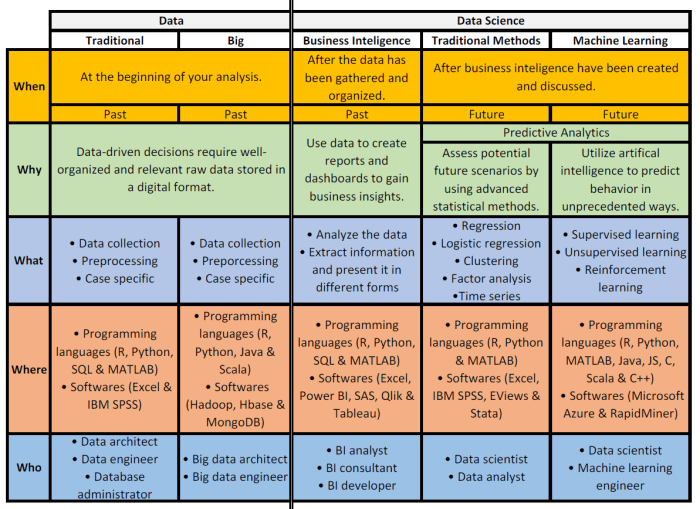George orwell what is science summary – In his influential writings, George Orwell explored the complex relationship between science and society, arguing that science could be both a tool for progress and a weapon of oppression. This summary examines Orwell’s views on the role of science in a totalitarian society, the importance of scientific objectivity, and the pursuit of truth through scientific inquiry.
Orwell believed that science could be used to suppress dissent and maintain power, providing examples from his works and historical events to support this claim. He also warned of the dangers of using science for political purposes, arguing that it could lead to a society where science is subservient to the state.
Science as a Tool for Social Control

Orwell believed that science could be used as a tool for social control, suppressing dissent and maintaining power. In his novel “1984,” the Party uses science to manipulate the population through surveillance, propaganda, and mind control. Historical events, such as the use of scientific theories to justify eugenics and racial discrimination, support Orwell’s claim.
The potential dangers of using science for political purposes include the suppression of scientific inquiry, the distortion of scientific findings, and the use of science to legitimize unjust policies.
The Role of Science in a Totalitarian Society: George Orwell What Is Science Summary
Science in “1984”
In “1984,” science is subservient to the state, used to control and manipulate the population. The Party uses scientific techniques to monitor citizens, suppress dissent, and create a false reality.
Implications of Science Subservient to the State
A society where science is subservient to the state has dire implications. Scientific inquiry is stifled, leading to a decline in knowledge and innovation. The state can manipulate scientific findings to support its agenda, leading to the suppression of truth and the spread of propaganda.
The Importance of Scientific Objectivity

Orwell’s Views on Objectivity
Orwell believed that scientific objectivity and critical thinking were essential for a free and informed society. He argued that scientific bias and the suppression of scientific inquiry could lead to dangerous consequences.
Dangers of Scientific Bias
Scientific bias can distort scientific findings, leading to erroneous conclusions. The suppression of scientific inquiry can prevent the discovery of new knowledge and the advancement of society.
Examples of Compromised Objectivity
Examples of compromised scientific objectivity include the suppression of research on the harmful effects of tobacco and the manipulation of climate change data.
Science and the Search for Truth

Orwell’s Belief in Science
Orwell believed that science was a tool for discovering truth and understanding the world. He argued that scientific skepticism and the pursuit of knowledge were essential for a rational and progressive society.
Orwell’s Experiences and Views on Science
Orwell’s experiences as a journalist and war correspondent influenced his views on the role of science in society. He witnessed firsthand the misuse of science for propaganda and the suppression of dissent.
Importance of Scientific Skepticism, George orwell what is science summary
Scientific skepticism is essential for ensuring that scientific findings are accurate and reliable. It involves questioning assumptions, testing hypotheses, and seeking evidence to support or refute claims.
FAQ Compilation
What was Orwell’s main concern about science?
Orwell was concerned that science could be used to suppress dissent and maintain power, leading to a society where science is subservient to the state.
How did Orwell view the role of science in a totalitarian society?
Orwell believed that science could be used to control and manipulate the population in a totalitarian society, providing examples from his novel “1984” to support this claim.
What did Orwell believe was the importance of scientific objectivity?
Orwell believed that scientific objectivity and critical thinking were essential for ensuring the integrity of scientific inquiry and preventing the suppression of scientific truth.